

Following the CEL-ebrate events this week, an update on learning research projects currently in progress across BU, supported by UoA25 REF development funding.
This funding is distributed across BU to researchers working with CEL and CEMP on activities with clear potential for REF outputs in this new unit of assessment for BU.
The funding is supporting research development in three themes, aligned to CEL’s themes – Digital Media Literacies, Practitioner Enquiry and Education Dynamics. We’ve committed £100,000 this year to supporting a wide range of activities, all aligned to the themes and with a clear output plan, including the following –
Fair Access Research Writing Retreat / Impact Development Work;
Impact case study developments in CEMP (Research Assistant time) – Football Association (Reflective Coaching) – National FA (Burton) and AFC Bournemouth Youth Academy; Samsung (Digital Capabilities), United Kingdom Literacy Association (cross-curricular media literacy resources for secondary schools);
Digital Toolkit and Social Media Development;
Resources for ESRC workshop (‘Fused All Ways’) on creative methods for participative social science research with academics and undergraduates;
Third Space Learning and Co-creating design visualisations for enhancing public engagement and impact;
Educational Materials on Policing & Protest – an impact-oriented output of the #RiotID civic media project;
An analysis of the role of gratitude within the student experience;
Quantitative Analysis of User Generated Contents: A Study on Informal Learning and Slum Tourism in South Africa
Society for Research into Higher Education workshop;
Graduated Scenarios research;
Empires of Economy – CEMP research with Matt Locke (Storythings);
Cross- HEI bid writing workshops and pilot study (Nottingham, Surrey, Northumbria);
There may be others that we’ve missed off this list – apologies if so, not intended!
The criteria for providing funding are that the activity leads to the development of new educational research at BU with the potential to meet REF criteria for UoA25 and the enhancement of the research environment across CEMP and CEL, which could not be facilitated without this support. The funding supports a range of ‘levels’ of activity – from travelling to initiate new collaborations to growing a network through to the implementation of full projects and support for ‘writing up’ outputs. Projects planned – and activities leading to the development of projects – should be methodologically robust, rigorous in their intentions to generate new knowledge in the field and distinctive by research design. Where possible, priority is given to interdisciplinary / fused approaches and leading to a REF output relevant to UoA25 and, where possible, the intention to generate external funding.
For more information about UoA25 research at BU drop us an email or call in to CEL or CEMP.
Debbie Holley and Julian McDougall | UoA25 Leads
 Sascha Dov Bachmann, Associate Professor in International Law, FMC, has been made Extraordinary Visiting Professor (AP) in War Studies at the Swedish Defence University (FHS). This appointment recognizes his contribution to the work of the Department of Military Studies at FHS on the subject of Hybrid War and Hybrid Threats. He continues to collaborate with colleagues from Sweden, Germany and NATO on the subject.
Sascha Dov Bachmann, Associate Professor in International Law, FMC, has been made Extraordinary Visiting Professor (AP) in War Studies at the Swedish Defence University (FHS). This appointment recognizes his contribution to the work of the Department of Military Studies at FHS on the subject of Hybrid War and Hybrid Threats. He continues to collaborate with colleagues from Sweden, Germany and NATO on the subject. Dr. Jenny Hall in CMMPH published her latest article ‘Facilitating learning of spirituality in midwifery’ in the academic journal Spiritual Care [1]. She highlights that there has been considerable discussion in the literature around spirituality at the end of life but little relating to childbirth. Perhaps because of this facilitation of learning around the subject is limited. The aim of this article is to raise awareness of these issues and promote future discussion and research.
Dr. Jenny Hall in CMMPH published her latest article ‘Facilitating learning of spirituality in midwifery’ in the academic journal Spiritual Care [1]. She highlights that there has been considerable discussion in the literature around spirituality at the end of life but little relating to childbirth. Perhaps because of this facilitation of learning around the subject is limited. The aim of this article is to raise awareness of these issues and promote future discussion and research.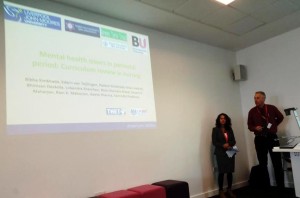
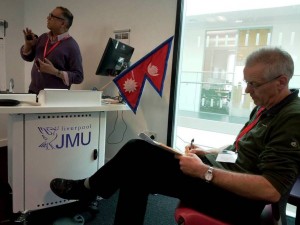

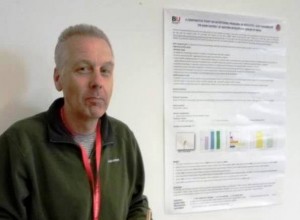


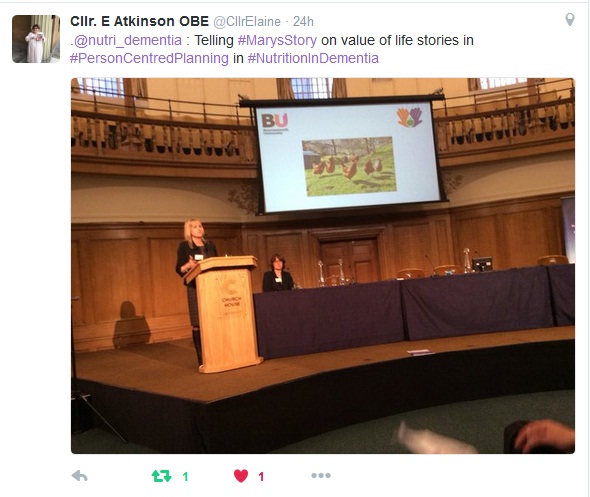
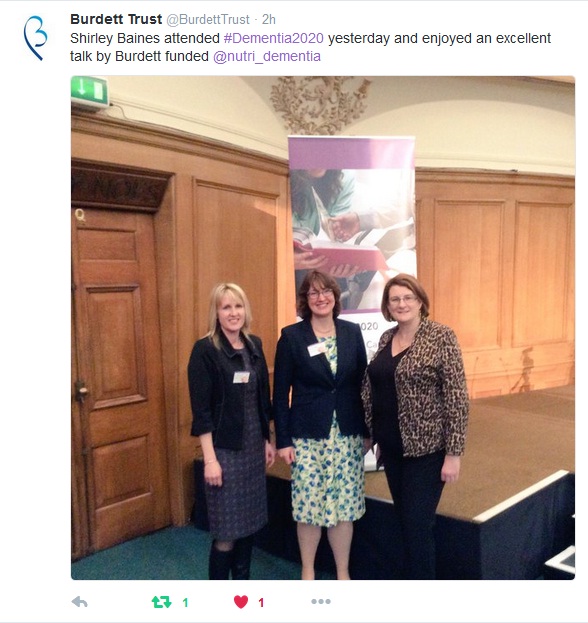
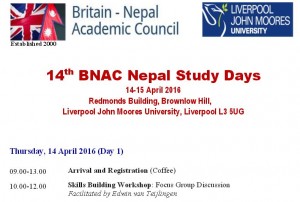
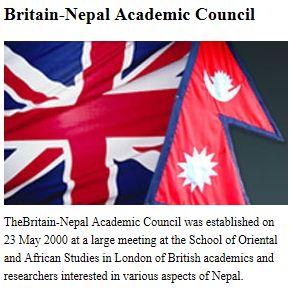
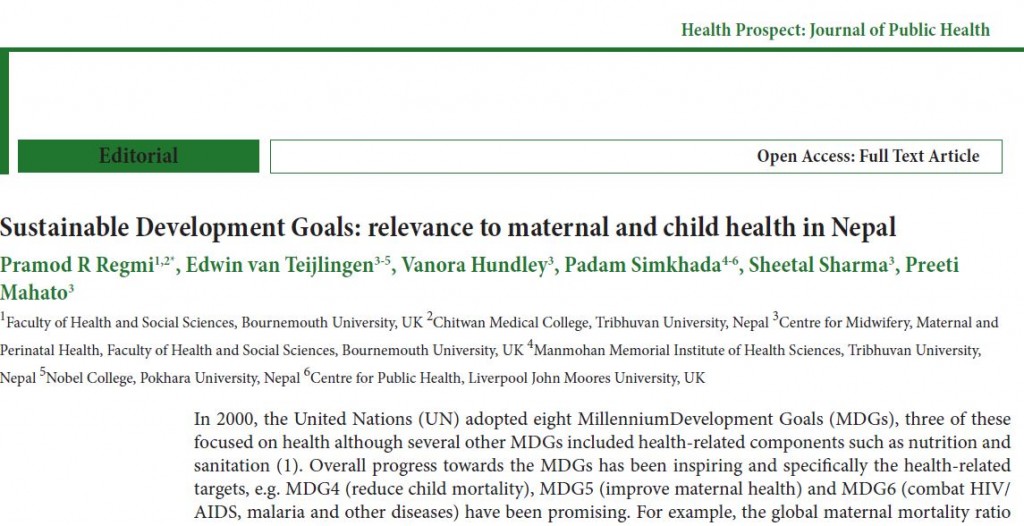













 New CMWH paper on maternity care
New CMWH paper on maternity care From Sustainable Research to Sustainable Research Lives: Reflections from the SPROUT Network Event
From Sustainable Research to Sustainable Research Lives: Reflections from the SPROUT Network Event REF Code of Practice consultation is open!
REF Code of Practice consultation is open! ECR Funding Open Call: Research Culture & Community Grant – Apply now
ECR Funding Open Call: Research Culture & Community Grant – Apply now ECR Funding Open Call: Research Culture & Community Grant – Application Deadline Friday 12 December
ECR Funding Open Call: Research Culture & Community Grant – Application Deadline Friday 12 December MSCA Postdoctoral Fellowships 2025 Call
MSCA Postdoctoral Fellowships 2025 Call ERC Advanced Grant 2025 Webinar
ERC Advanced Grant 2025 Webinar Update on UKRO services
Update on UKRO services European research project exploring use of ‘virtual twins’ to better manage metabolic associated fatty liver disease
European research project exploring use of ‘virtual twins’ to better manage metabolic associated fatty liver disease